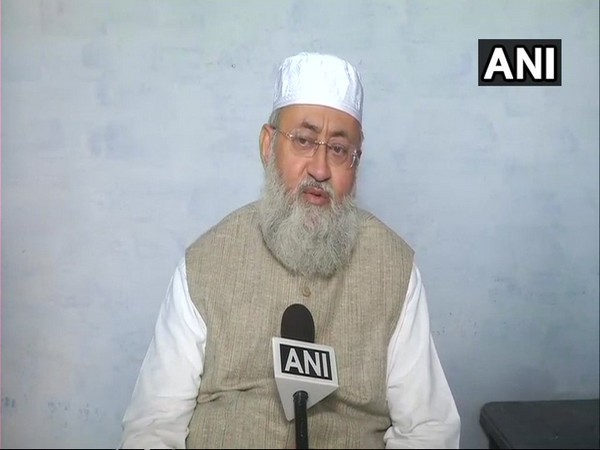New Delhi: Noted Islamic scholar, Maulana Salman Nadvi reiterated that the majority of the Indian Muslims are not in favour of filing a review petition in Babri Masjid Case.
He appealed to the Muslim leaders to withdraw their claim on Babri Masjid land and leave it to the majority community since there are many instances in the Islamic sharia in which the mosques were shifted to other places.
Masjid al-Haram (Makkah) and Masjid-e-Nabavi (Medina) enjoy a special status. They can’t be shifted.
Maulana Salman Nadvi quoted an instance wherein, the second caliph of Islam, Hazrat Omer had shifted a masjid to have a palm dates garden.
Muslim countries
He further told that in Muslim countries like Egypt and Saudi Arabia, mosques were shifted.
He told that the issue of Babri Masjid is centuries old. It gathered momentum after the installation of idols in 1948.
The Muslim leadership failed to get these idols removed. Although, there were stalwarts like Maulana Azad, Maulana Husain Ahmed Madani who were very close to Nehru and Gandhi.
Recalling the series of events, Maulana Salman said that in the secular governments of Congress led by Mr. Rajiv Gandhi and Narasimha Rao, Sheela Niyas and demolition of Babri Masjid took place and a temporary temple was erected.
Mass killings
Later, mass killings of the Muslims did take place and hundreds of mosques were dismantled but our leadership failed to protect the mosques and the Muslims.
He recalled that Maulana Abul Hasan Nadvi took initiative and negotiated with the Shankaracharya of Madras.
His intention was to sustain Hindu-Muslim unity. He had suggested that let the mosque be reconstructed at its original place and the temple could be constructed around it but it was not accepted by the Hindus. It was also rejected by the Babri Masjid Action Committee and a few members of the Muslim Personal Law Board. In 2010, Allahabad High Court pronounced a judgment through which the area was distributed among three parties. Later, this case reached the Supreme Court.

